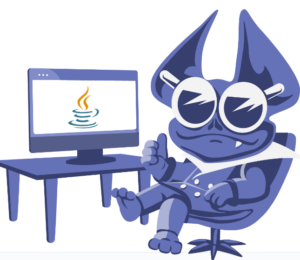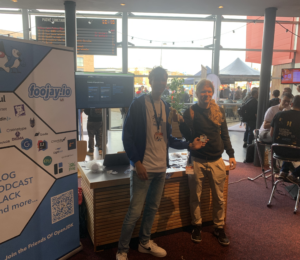Step up your coding with Continuous Feedback: Free Udemy Course
- July 02, 2024
- 4052 Unique Views
- 2 min read
What do you know about the code changes that were just introduced into the codebase? When will you notice if something goes wrong?
What is Continuous Feedback?
First, let me explain Continuous Feedback. It's a new dev practice that aims to make practical usage of code runtime data to shorten the feedback loop during development.
OpenTelemetry makes it possible with great library support and a standard spec for tracing, metrics, and more. I truly feel that practicing CF can enhance your development experience, and we decided to share with Foojay the course for free.
By practicing CF, developers can increase productivity with shorter feedback loops, getting access to data about their code much earlier, and detecting and resolving issues in shorter iterations, as they code.
What will you be learning in the CF Course
In our course, you will learn:
- How to collect important information about your code
- About tracing fundamentals and comparison to debugging
- How to use observability data to improve your code
- About OSS and free tooling
In this course, we'll start with a short introduction to Continuous Feedback and how it can transform how we write code. We'll look past the novelty of using OSS observability tools and technologies to discuss how we can actually make them useful for developers. We'll look at the benefits of enabling OpenTelemetry collection for dev and test data and examine OSS tools to help analyze the application runtime.
Throughout the talk, we'll go over code examples of common anti-patterns, code smells, hidden errors, and other types of problems that this untapped source of data can reveal.
Ultimately, the goal should not be simply observing the application or creating nice-looking dashboards. Rather, success is in leveraging observability data to achieve a more effective development process and write better code.
Who is the course for:
Software developers (senior or junior) interested in improving their skills and creating new habits to stand out from the crowd with their new skills and practices.
Other resources:
CI/CD/CF? — The DevOps toolchain’s “missing-link”
Effective Java Observability
The Observant Developer
Any questions? Join the Digma community
Don’t Forget to Share This Post!











Comments (2)
Marta
2 years agoNot free, a new coupon will be appreciated.
Lee Sheinberg
2 years agoHi, here is the link: https://www.udemy.com/course/continuous-feedback/?couponCode=E55685FC3FBD117F3AEC